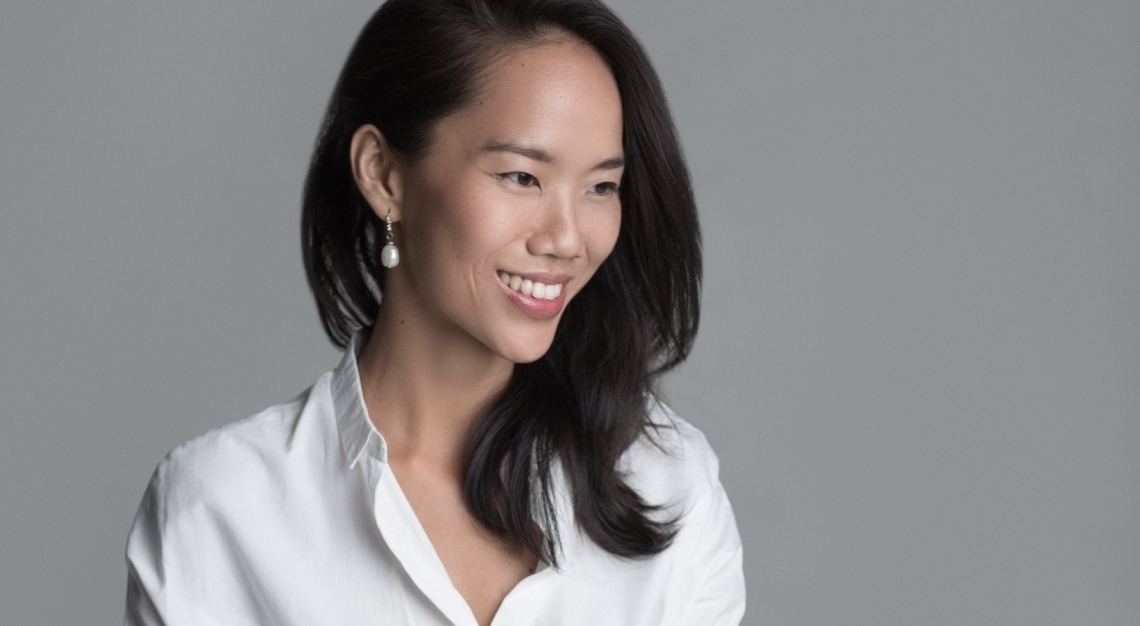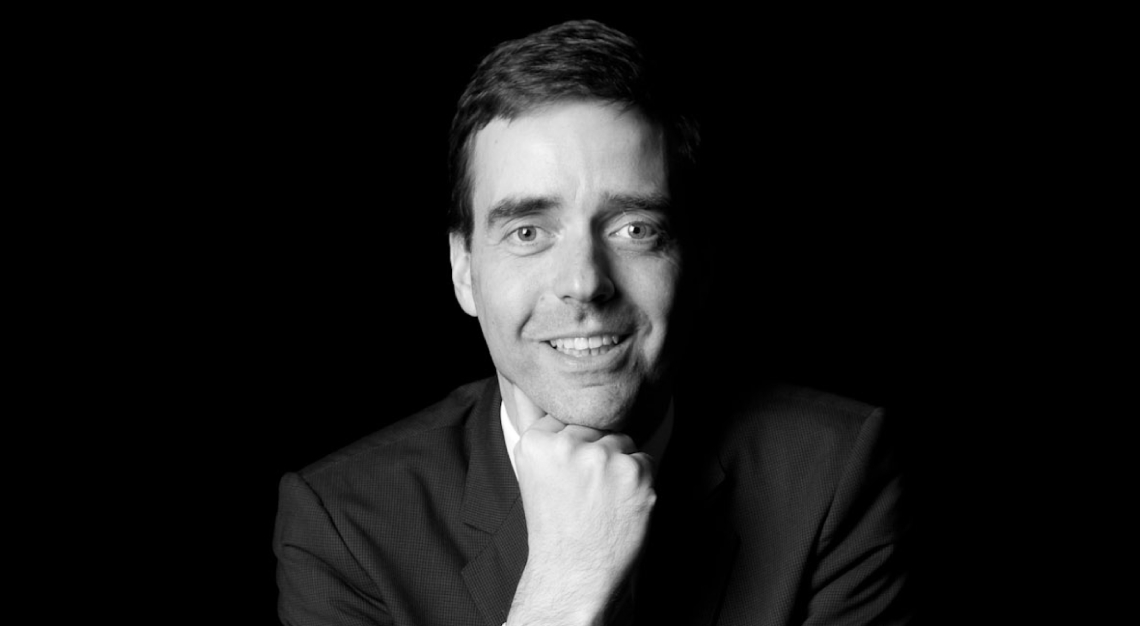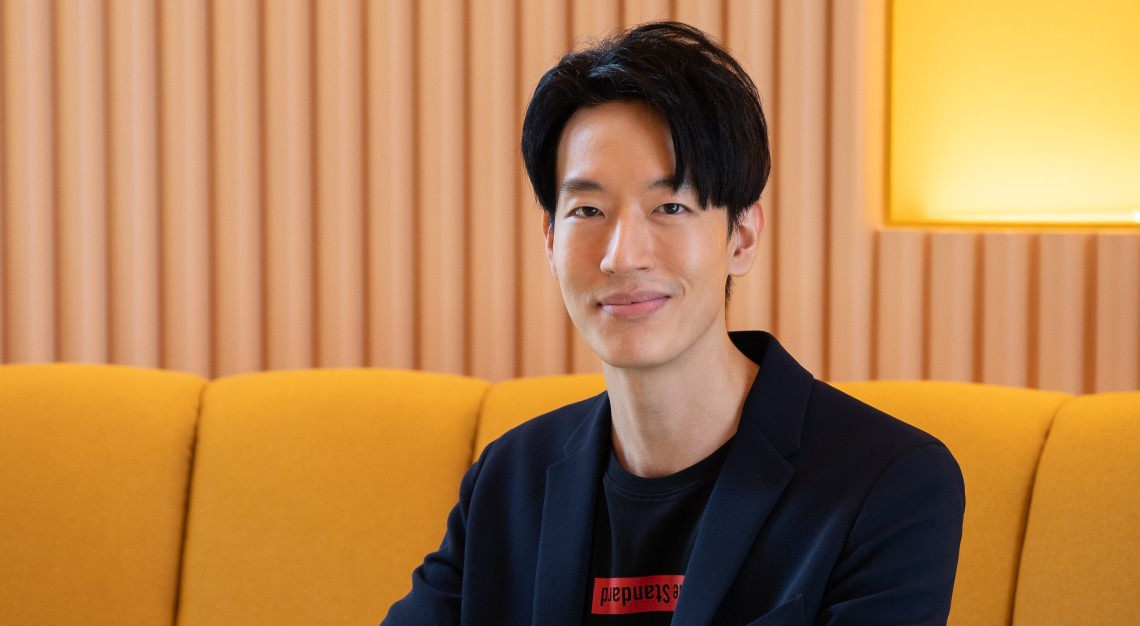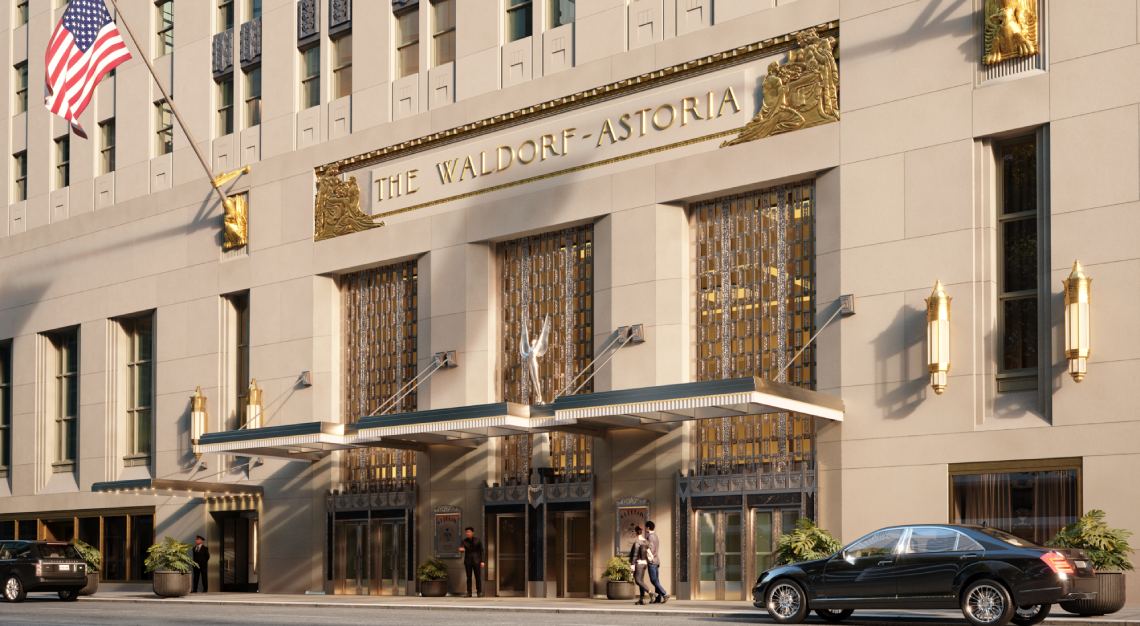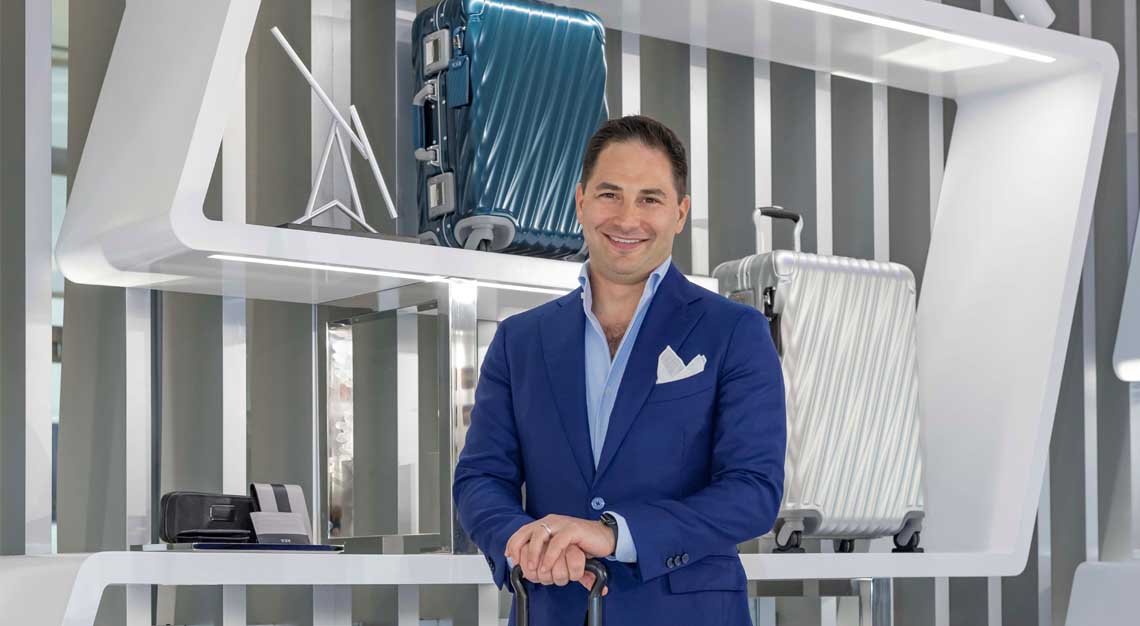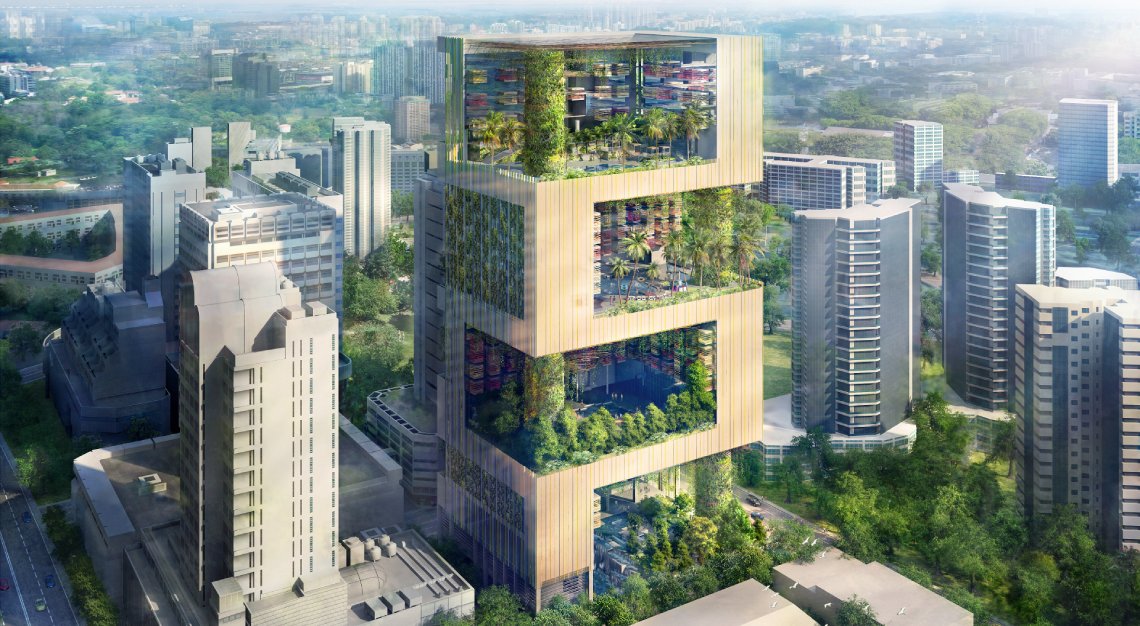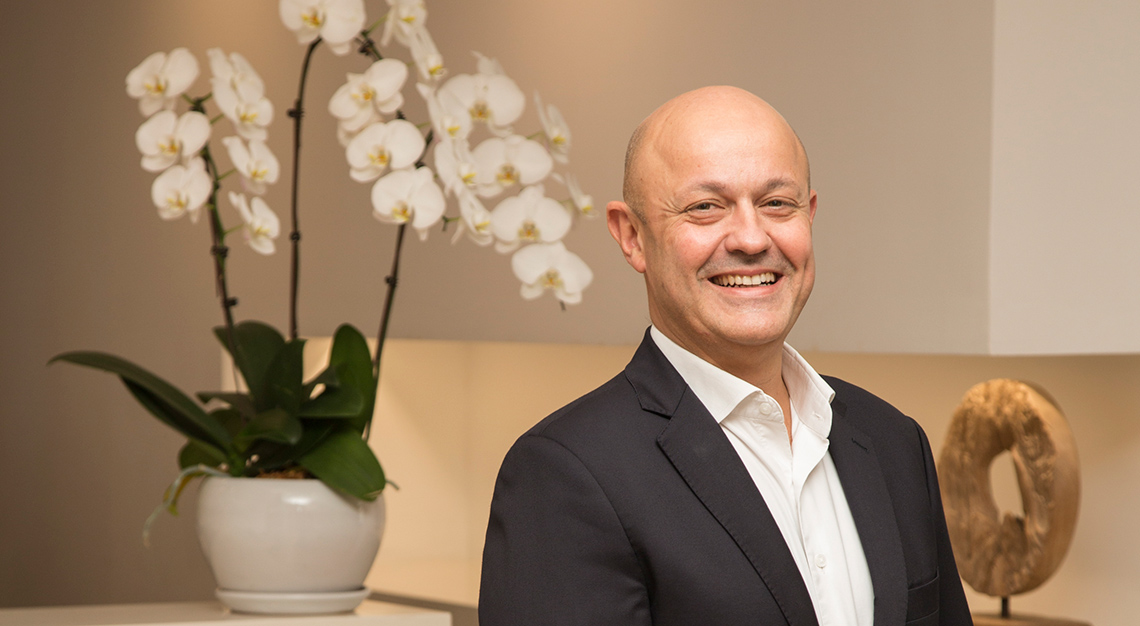Renyung Ho, VP of Brand HQ at Banyan Tree Group, goes green
How do you build a business and save the world at the same time? Just like your Jedis and your Siths, every bright idea is guaranteed to be pursued by the dark side, sustainability included. While it’s heartening to see sustainability on the rise, this interest in ethical goods has also brought up the very lucrative business of greenwashing – a good thing and a bad thing, according to Renyung Ho, the vice president of Brand HQ and second-generation leader at Banyan Tree Group. Find out more below, as she talks more about sustainability, empathy and levelling up.
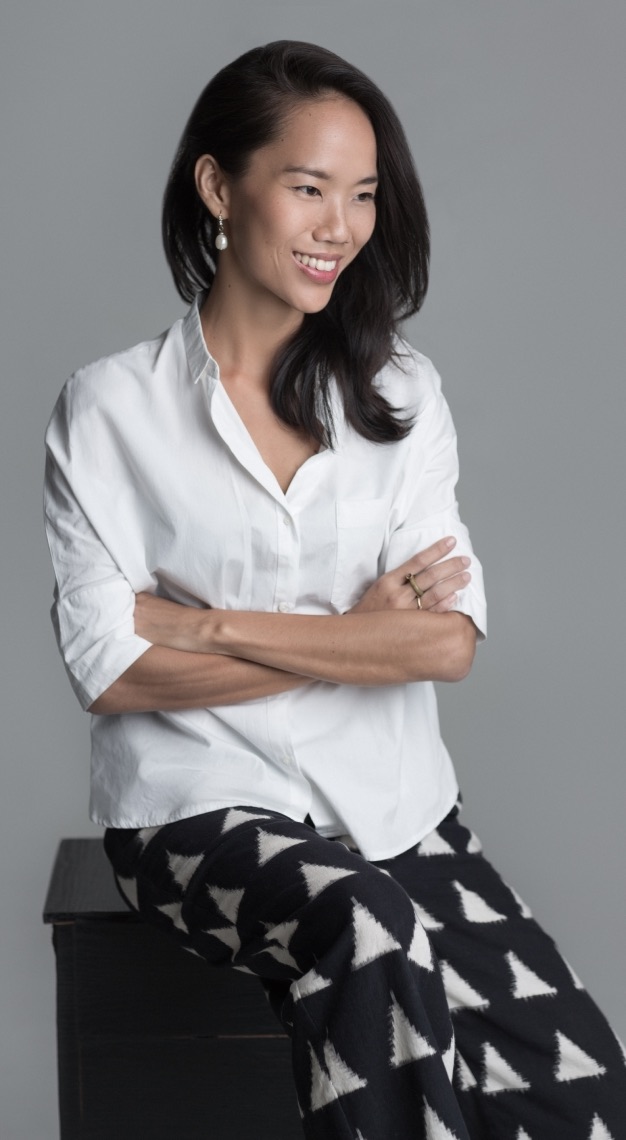
As a leader in sustainability, how can one save the Earth and make good profit at the same time?
We need to stop thinking of sustainability as a tradeoff between good profit and saving the Earth, and shifting to a mindset and practice where it simply must be done. External pressure from activists, shareholders and ESG governance will eventually lead companies to making better decisions.
As an individual leader, it’s about educating oneself on the varied aspects of sustainability and how it affects your particular business model. Thinking about how one can not only offset your own negative impacts but really, change your business processes in the first place to turn net negatives into net positives, would be ideal.
The pandemic is a reminder of how fragile the world is. How has it changed the way Banyan Tree approaches sustainability? How else do you think Banyan Tree can address sustainability to ensure a better future for everyone?
We used the pandemic as an opportunity to re-centre our core purpose of wellbeing and sustainability, and to lay the foundations of a more agile, resilient and responsive organisation. Initiatives include setting a sustainable seafood target, the opening of an organic farm in Chiangmai, introducing plant-based food and shortening our supply chains.
Besides operations, we believe that travel can lead to transformation. On an individual level, we hope that the experiences we offer will awaken a sense of awe, connection with nature, and emotional resonance that then causes the behavioural change required to live more sustainably. All change starts with emotions.
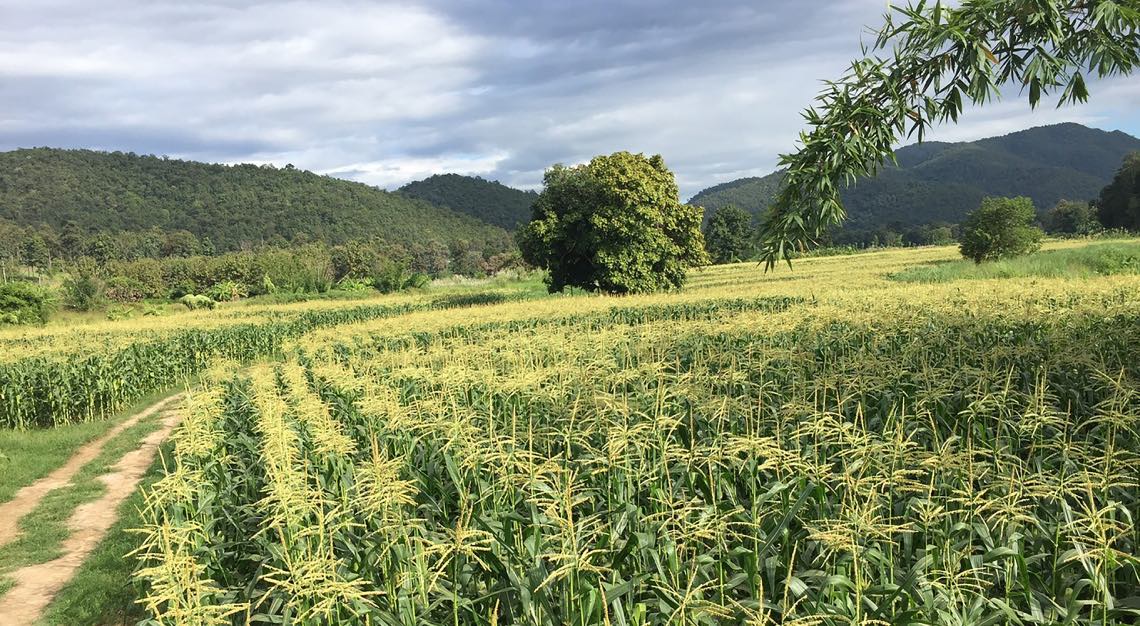
People are increasingly more wary about greenwashing. How does Banyan Tree challenge that?
Greenwashing is a positive sign that sustainable practices are taking hold in the mainstream. It just means that consumers will have to become more educated and discerning, and that companies will have to work harder to build and maintain trust. All of us have to level up, which is only a good thing.
What myths about corporate sustainability would you like to debunk?
That it’s optional and a luxury. It is not optional.
The sooner a brand starts thinking like a health and wellness brand, the sooner it will succeed in a post-pandemic economy. What is the Banyan Tree playbook?
I agree. Every brand needs to think about how they contribute to the lives of their customers. A silver lining to the pandemic is that it’s underscored the importance of wellbeing and sustainability and the way the two are interlinked. Consumer surveys have shown that over 75 per cent of consumers will choose to lead healthier lifestyles after this pandemic, and I’m looking forward to how this will have a positive impact on our shared environmental wellbeing.
For us, recentering on wellbeing and sustainability positions us to benefit from the growing interest in how self, others and nature interconnect. Our entire ecosystem of experiences will feature nature-oriented environments, plant-based menus and sustainable lifestyle practices. With our head start in this area, we hope to continue to lead the way in developing wellbeing products, services and brand extensions post-pandemic, for the benefit of our consumers and industry.
Are trust and empathy everything in a business?
Trust and empathy may not be everything in a business, but it plays an important part in developing a resilient culture amid a crisis. It’s also easier said than done, because what feels like trust and empathy to one person may be different to another. The best businesses are those with internal mechanisms for moving together in a common direction, yet have enough space for diverse opinions to arise. Trust and empathy are important for cultivating a space for that diversity, psychological safety and adaptability.
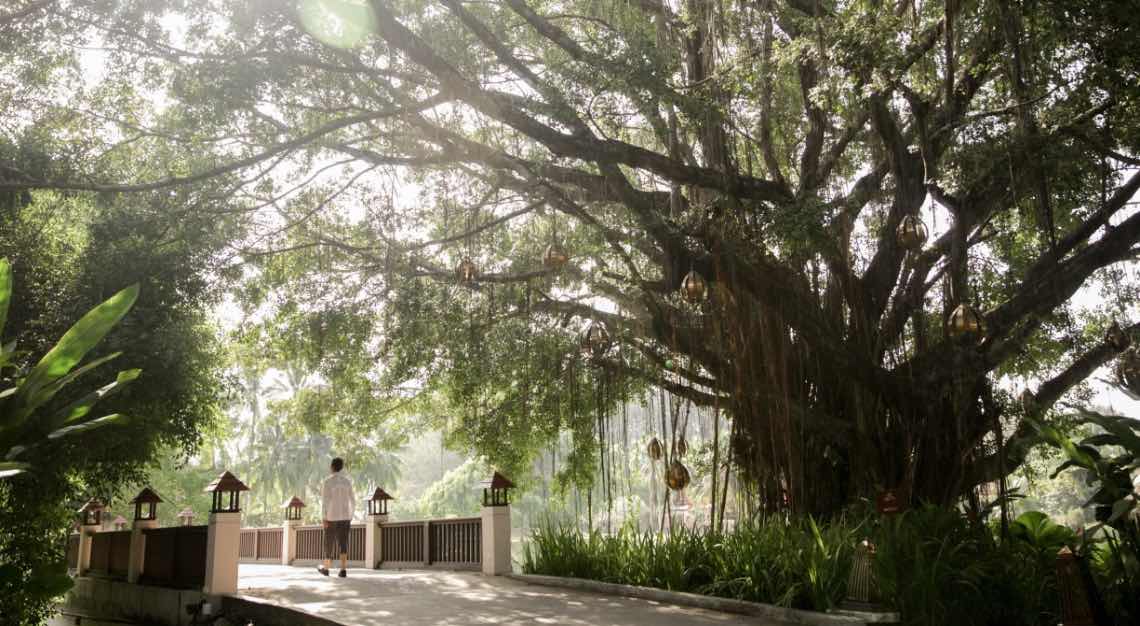
How has the pandemic affected your mental wellbeing?
The pandemic has allowed me a kind of emotional ‘armouring’, which although keeps out the bad, also keeps out the good. So, staying open and vulnerable is important, as well as daily meditation, exercise, journaling and focusing on the happiness of others.
Healthy and happy employees are the equivalent of healthy and happy guests. How does Banyan Tree keep its people happy?
We can only look after our guests when we look after our associates. Our initiatives include Project T, a tele-therapy service that offers mental and emotional advice in English, Chinese and Thai.
And how do you keep your guests happy?
This year, we rolled out Banyan Tree’s Wellbeing Sanctuary, a concept that enables travellers to personalise their stay, combining leisure with wellbeing elements in a flexible and open way; have a conversation with a Buddhist monk, volunteer in a community setting or enjoy an Ocean Breath meditation session. Our mission is to demystify wellbeing and democratise it for everyone. We want it to be inspiring, accessible and impactful.
If you were the boss of everything, how would you design life as we emerge from the pandemic?
Wow. I wouldn’t design life. The fun parts are always the unplanned ones. I’d instead design humans, so we can be more present and aware with ourselves and one another.
This story first appeared in the June 2021 issue, which you may purchase as a hard or digital copy
